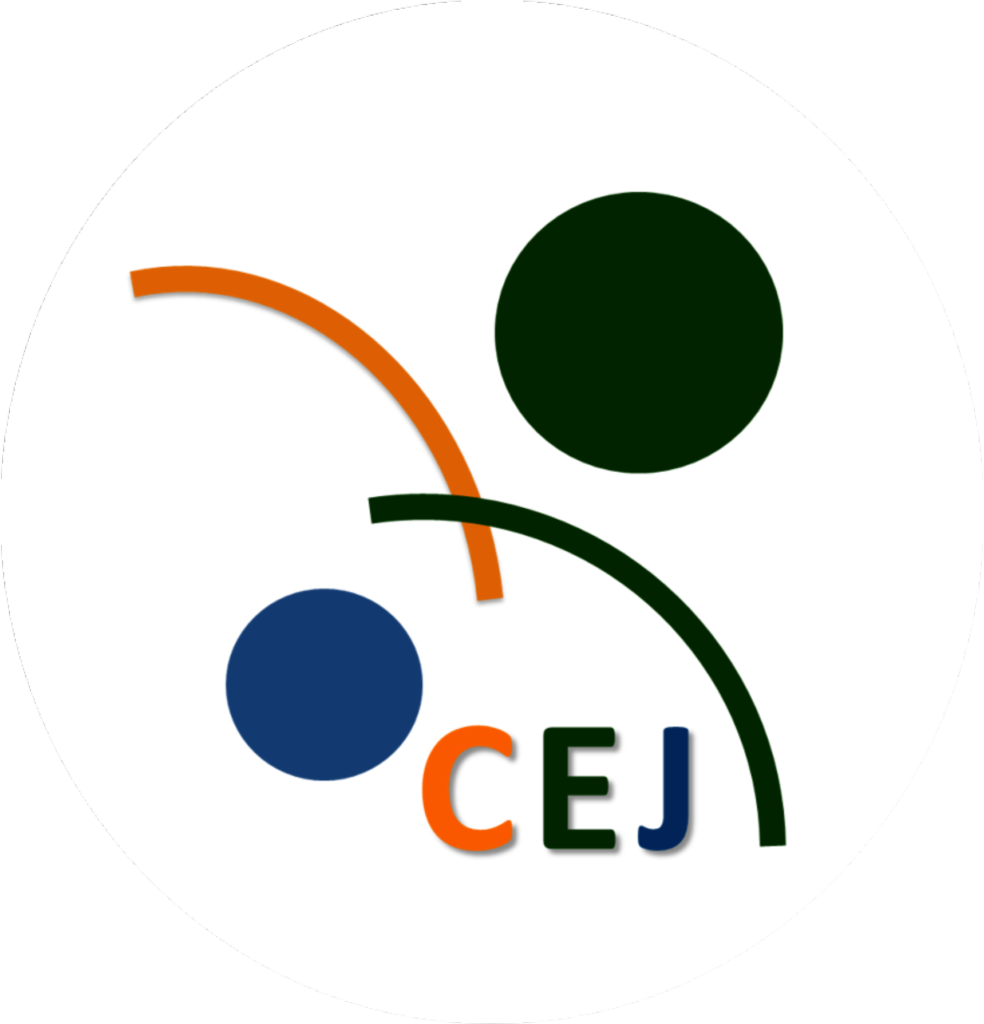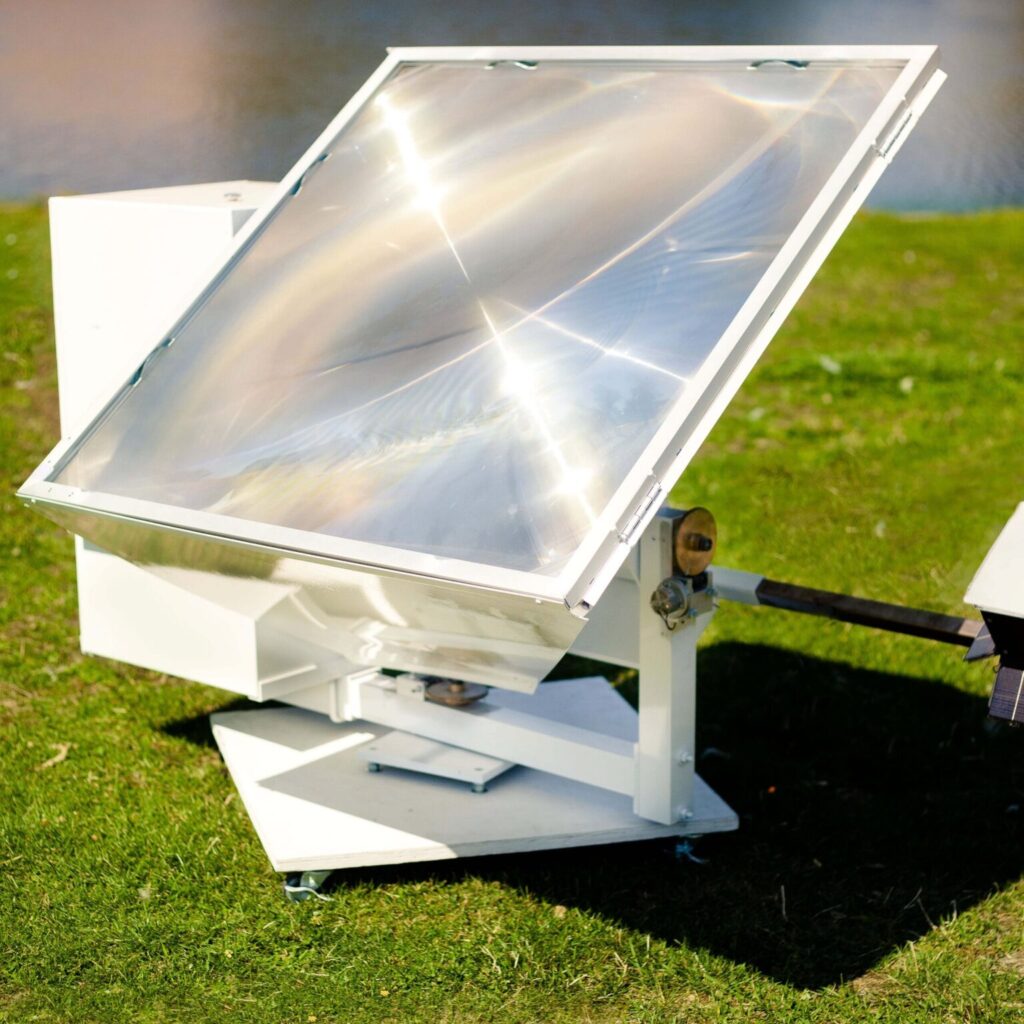Introduction
Fresnel lenses are powerful tools for concentrating solar energy, offering enhanced efficiency and versatility in various applications. These lenses focus sunlight onto a specific point, making them crucial for solar energy systems. In countries like Zambia, facing significant energy challenges, adopting Fresnel lens technology can transform the landscape of energy consumption, water purification, and environmental sustainability.
Rationale
Zambia faces frequent power outages (load shedding) and deforestation due to charcoal production. These challenges highlight the urgent need for sustainable and reliable energy solutions. Fresnel lenses provide several advantages:
- Enhanced Efficiency: They offer better concentration ratios with less volume and shorter focal lengths compared to traditional lenses, allowing more energy to be harnessed from the same amount of sunlight (Dey et al., 2018).
- Versatility: Fresnel lenses can be used in various solar energy systems, including solar stills, cookers, desalination, and sterilization. Their adaptability makes them valuable in diverse applications, especially in regions with significant energy needs like Zambia (Sharma et al., 2017).
What Can be Done
To leverage the benefits of Fresnel lenses, Zambia can take several steps:
- Awareness Campaigns: Promote awareness about solar energy and the benefits of Fresnel lenses through media outlets and community programs.
- Investment in Solar Infrastructure: Both the government and private sector should invest in solar infrastructure, including solar-powered water purification systems, cooking solutions, and electricity generation.
- Collaboration with Researchers: Collaborate with researchers and institutions to explore innovative applications of Fresnel lenses tailored to Zambia’s specific needs.
Expected Results
By adopting Fresnel lens technology, Zambia can expect several positive outcomes:
- Reduced Dependence on Traditional Energy Sources: Solar-powered systems can provide consistent energy even during power cuts, reducing reliance on fossil fuels and mitigating the impact of load shedding (Musonda, 2020).
- Environmental Benefits: Using solar energy reduces greenhouse gas emissions and helps preserve Zambia’s forests by decreasing the demand for charcoal (Mukwavi, 2019).
- Improved Water Access: Solar stills equipped with Fresnel lenses can transform polluted or salty water into drinkable supplies, providing a sustainable solution for water scarcity (Kumar et al., 2016).
- Economic Growth: Transitioning to renewable energy sources can create jobs, reduce energy costs, and contribute to overall economic development (Zhou et al., 2018).
Conclusion
Fresnel lenses offer a practical and innovative way to maximize solar energy utilization. Their adoption can alleviate Zambia’s energy crisis, promote sustainability, and improve overall well-being. By investing in solar infrastructure and raising awareness about the benefits of Fresnel lens technology, Zambia can pave the way toward a brighter, greener future. Embracing renewable energy not only addresses immediate energy challenges but also contributes to long-term economic and environmental sustainability. It’s time for Zambia to harness the power of the sun and lead the charge toward a sustainable future.
By: Eng. Gabriel Mukuka, Programme Coordinator Energy & Climate Change



